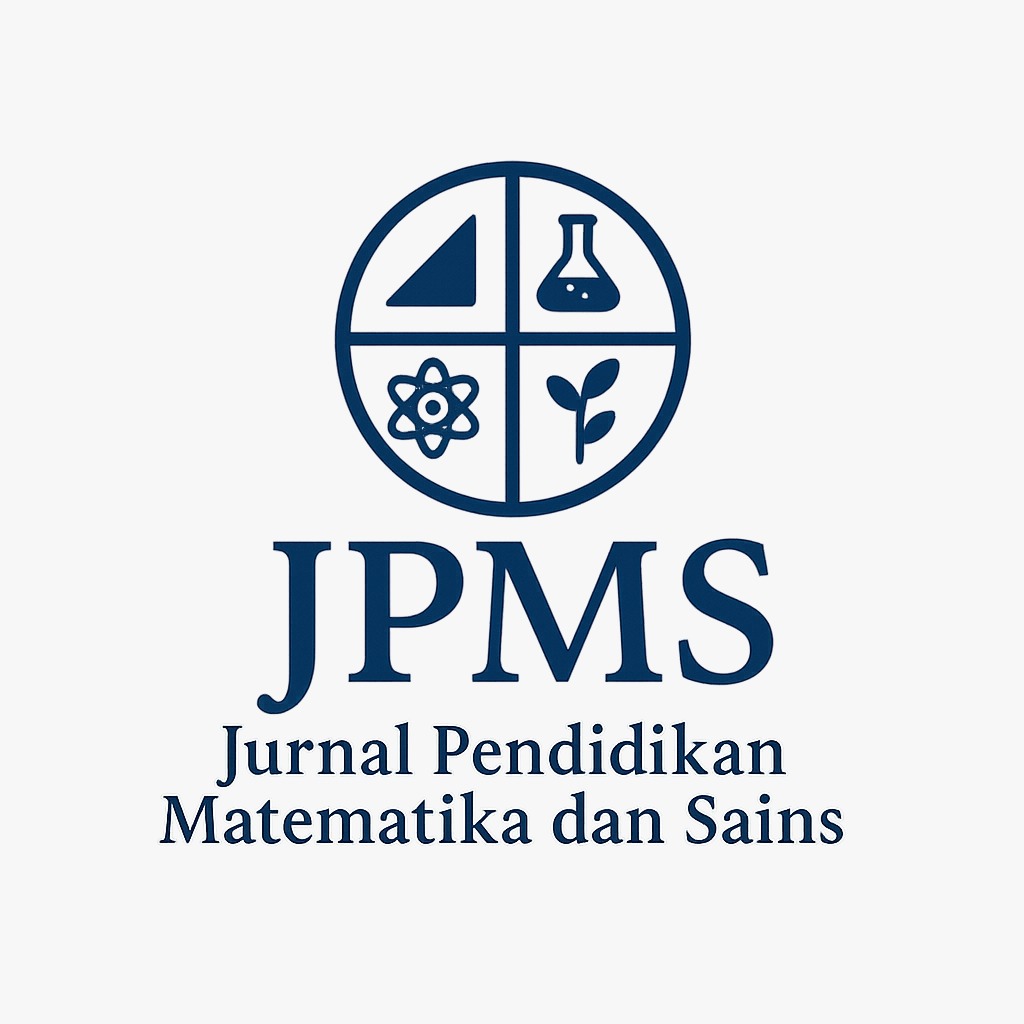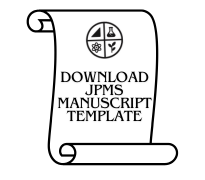Efektivitas Edmodo Berbasis Penemuan Terpandu untuk Meningkatkan Keterampilan Pemecahan Masalah
DOI:
https://doi.org/10.21831/jpms.v8i2.20060Keywords:
pemecahan masalah, penemuan terbimbing, EdmodoAbstract
Penelitian ini bertujuan untuk mengetahui keefektifan model penemuan terbimbing dengan Edmodo dalam meningkatkan keterampilan pemecahan masalah. Metode yang digunakan adalah eksperimen semu dengan desain kelompok kontrol pretes-postes. Penelitian ini di MAN 1 Yogyakarta. Ada dua kelompok sampel yaitu satu kelompok eksperimen (N = 28) dan satu kelompok kontrol (N = 28). Data menggunakan tes keterampilan pemecahan masalah dan dianalisis dengan model campuran anava. Hasil data menunjukkan bahwa peningkatan keterampilan pemecahan masalah fisika pada kelompok eksperimen signifikan sebesar 92,6% sedangkan pada kelompok kontrol hanya 4,1%.
References
Alfieri, L., Brooks, P. J., Aldrich, N. J., & Tenenbaum, H. R. (2011). Does discovery-based instruction enhance learning?. Journal of Educational Psychology, 103(1), 1-9.
Al-Kathiri, F. (2015). Beyond the classroom walls: Edmodo in Saudi secondary school EFL instruction, attitudes and challenges. English Language Teaching, 8(1), 189-204.
Basori, B. (2013). Pemanfaatan social learning network" Edmodo" dalam membantu perkuliahan teori bodi otomotif di Prodi PTM JPTK FKIP UNS. Jurnal Ilmiah Pendidikan Teknik dan Kejuruan, 6(2), 7-16.
Blickenstaff, J. C. (2010). A framework for understanding physics instruction in secondary and college courses. Research Papers in Education, 25(2), 177-200.
Cronbach, L. J. (1966). The logic of experiments on discovery. In L. S. Shulman & E. R. Keislar (Eds.), Learning by discovery: A critical appraisal. Rand McNally.
Graham, C. R. (2006). Blended learning systems. In C. J. Bonk & C. R. Graham (Eds.), The handbook of blended learning: Global perspectives. Pfeiffer.
Hake, R. R. (1998). Interactive-engagement versus traditional methods: A six-thousand-student survey of mechanics test data for introductory physics courses. American Journal of Physics, 66(1), 64-74.
Hammer, D. (1997). Discovery learning and discovery teaching. Cognition and Instruction, 15(4), 485-529.
Hannay, M., & Newvine, T. (2006). Perceptions of distance learning: A comparison of online and traditional learning. Journal of Online Learning and Teaching, 2(1), 1-11.
Harrison, A. G., & Treagust, D. F. (2000). A typology of school science models. International Journal of Science Education, 22(9), 1011-1026.
In'am, A., & Hajar, S. (2017). Learning geometry through discovery learning using a scientific approach. International Journal of Instruction, 10(1), 55-70.
Kabil, O. (2015). Philosophy in physics education. Procedia-Social and Behavioral Sciences, 197(1), 675-679.
Khabibah, E. N., Masykuri, M., & Maridi, M. (2017). The effectiveness of module based on discovery learning to increase generic science skills. Journal of Education and Learning, 11(2), 146-153.
Liu, C., Bathke, A. C., & Harrar, S. W. (2011). A nonparametric version of Wilks' lambda: Asymptotic results and small sample approximations. Statistics & Probability Letters, 81(10), 1502-1506.
Mayer, R. E. (2004). Should there be a three-strikes rule against pure discovery learning?. American Psychologist, 59(1), 14-19.
Munir. (2009). Pembelajaran jarak jauh berbasis teknologi informasi dan komunikasi. Alfabeta.
Osguthorpe, R. T., & Graham, C. R. (2003). Blended learning environments: Definitions and directions. Quarterly Review of Distance Education, 4(3), 227-33.
Pinzón, J. E. D. (2017). Edmodo como herramienta virtual de aprendizaje. Innova Research Journal, 2(10), 9-16.
Price, C. B. (2006). A crisis in physics education: Games to the rescue!. Innovation in Teaching and Learning in Information and Computer Sciences, 5(3), 1-10.
Rodrigues, H., Almeida, F., Figueiredo, V., & Lopes, S. L. (2019). Tracking e-learning through published papers: A systematic review. Computers & Education, 136(1), 87-98.
Schunk, D. H. (2012). Learning theories: An educational perspective (6th ed.). Ally & Bacon.
Smigiel, E., & Sonntag, M. (2013). A paradox in physics education in France. Physics Education, 48(4), 497-505.
Snow, R. E. (1965). The importance of selected audience and film characteristics as determiners of the effectiveness of instructional films. Journal of Educational Psychology, 56(1), 315-326.
Tamim, R. M. (2018). Blended learning for learner empowerment: Voices from the Middle East. Journal of Research on Technology in Education, 50(1), 70-83.
Downloads
Published
How to Cite
Issue
Section
Citation Check
License
Jurnal Pendidikan Matematika dan Sains allows readers to read, download, copy, distribute, print, search, or link to its articles' full texts and allows readers to use them for any other lawful purpose. The journal allows the author(s) to hold the copyright without restrictions. Finally, the journal allows the author(s) to retain publishing rights without restrictions
- Authors are allowed to archive their submitted article in an open access repository
- Authors are allowed to archive the final published article in an open access repository with an acknowledgment of its initial publication in this journal

This work is licensed under a Creative Commons Attribution-ShareAlike 4.0 Generic License.





